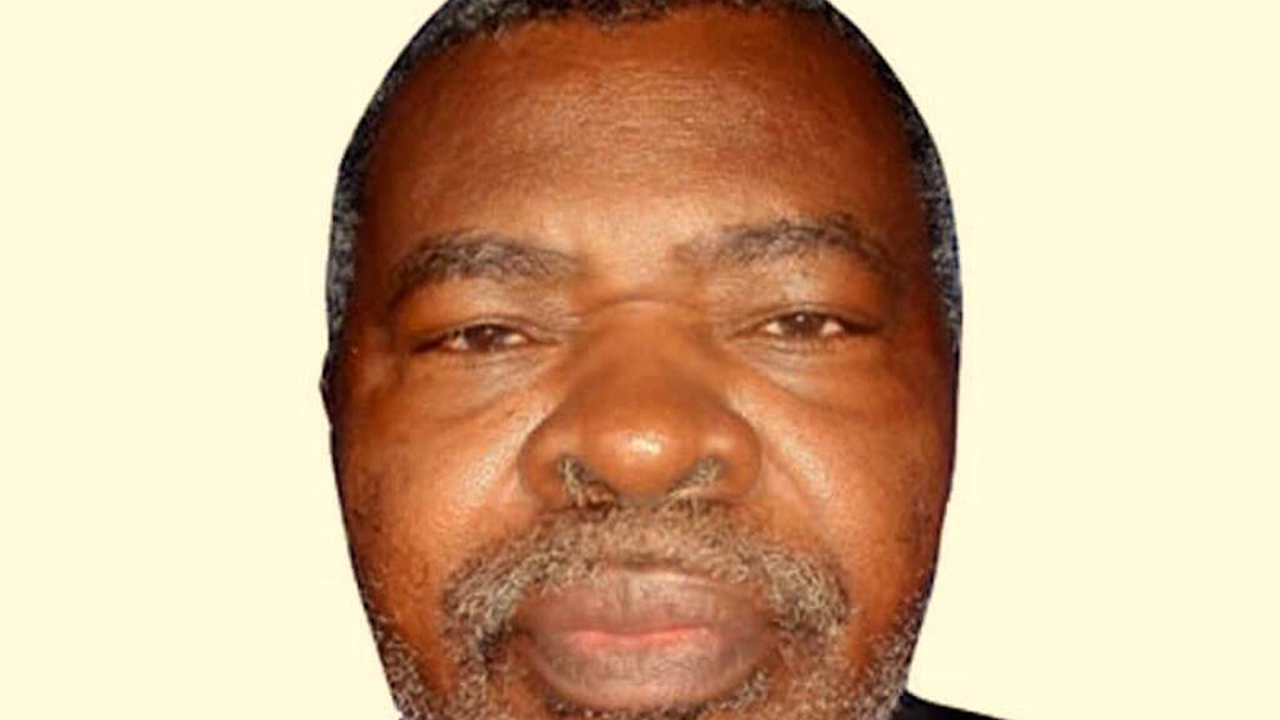When Justice Kudirat Motonmori Olatokunbo Kekere-Ekun assumed the office of Chief Justice of Nigeria in August 2024, she inherited not just a position but a crisis. The judiciary, once viewed as the nation’s moral compass, had become a cautionary tale weakened by inefficiency, rocked by scandals, and stripped of the public’s trust. But unlike her predecessors who often sidestepped the system’s decay, Kekere-Ekun stepped into office with unflinching candour: “All is not well with the Nigerian judiciary.”
One year later, her tenure is shaping up as a case study in judicial recovery marked by reformist zeal, structural reengineering, and a rare blend of integrity and pragmatism. Rather than surface-level gestures, she has taken a scalpel to the system’s internal dysfunctions. Her approach: rebuild from the inside out.
At the core of the CJN’s mission is an unapologetic campaign to restore public confidence. Her message to judicial officers has been consistent: integrity is non-negotiable. The National Judicial Council (NJC), once accused of inertia, is now a revved-up engine for accountability. Petitions are handled with urgency; errant judges face real consequences. In a system where impunity once thrived, this shift is tectonic.
Even more symbolic are her interventions to safeguard judicial independence. From halting unconstitutional judicial appointments in Imo and Benue States to challenging executive interference, Kekere-Ekun has repositioned the judiciary as a co-equal arm of government — not a political appendage.
Beyond rhetoric, the CJN has introduced far-reaching administrative changes, particularly at the Supreme Court, a court once riddled with missing case files, opaque processes, and bureaucratic sluggishness. Under her watch, the apex court has undergone a full-scale reorganisation:File Management: Disjointed units were consolidated into a streamlined Court Records Processing Unit.
The result is a Supreme Court that not only works but is visibly working with quicker listings, fewer missing files, and a growing culture of accountability.
Perhaps no other CJN has embraced technology as vigorously. The digitisation of law student enrolment, electronic notarisation, and the rollout of a national register of notaries have removed layers of red tape and abuse. The Supreme Court Rules 2024 introduced time-bound procedures for appeal filings — a direct assault on the age-old culture of endless adjournments.
This tech-driven efficiency is already paying off: filing fees generated over ₦347 million in one legal year, up from ₦4.8 million previously. Revenue aside, the shift signals a broader transformation from a reactive judiciary to a results-oriented institution.
Strengthening Welfare and Security
Justice Kekere-Ekun’s reforms have not been confined to courtrooms and registry desks. Judicial officers — long neglected and vulnerable — are now better protected and supported. From securing dedicated police units for judge protection to ensuring prompt salary payments and training sessions, she is re-humanising the bench.
A notable success was the safe rescue of a kidnapped Bayelsa High Court judge — a direct result of the CJN’s security initiative. This is reform in action, not just in policy documents.
Yet, for all the success at the Supreme Court, Kekere-Ekun’s legacy faces a critical test: can reform trickle down? Most Nigerians interact with justice at the magistrate or high court level — where rot still runs deep. Infrastructure is poor, corruption persists, and cases drag for years.
While her leadership has reawakened the judiciary’s top tier, the lower courts remain trapped in a vicious cycle of underfunding, executive manipulation, and logistical dysfunction. Without legislative backing and financial autonomy at the state level, these courts risk becoming the judiciary’s Achilles’ heel.
Justice Kekere-Ekun’s first year has delivered institutional momentum a rare commodity in Nigerian public service. But momentum is not the same as systemic transformation. The real test will be sustaining and scaling these reforms beyond her tenure.
Structural challenges — including case backlog, perceived political bias in election cases, and financial dependence on state governors — continue to cloud the judiciary’s full potential. Reform has begun, but the revolution is far from complete.
Kekere-Ekun’s tenure represents more than a leadership change; it is a recalibration of institutional purpose. In one year, she has elevated discipline, promoted transparency, and restored a measure of credibility to Nigeria’s most embattled branch of government. The judiciary, once seen as compromised beyond repair, is stirring back to life.
Her work stands as both a template and a warning: reform is possible, but only if it is relentless. The systems she has rebooted can just as easily regress without continuity, funding, and political insulation.
Still, in a nation fatigued by broken institutions, Justice Kekere-Ekun’s approach offers a rare and necessary kind of hope. Not the performative kind, but the sort rooted in structure, principle, and follow-through. For a judiciary long derided as the last hope of the common man in name only, she has begun to make that hope tangible once again.
• Musa, a justice advocate wrote from Edo State.






